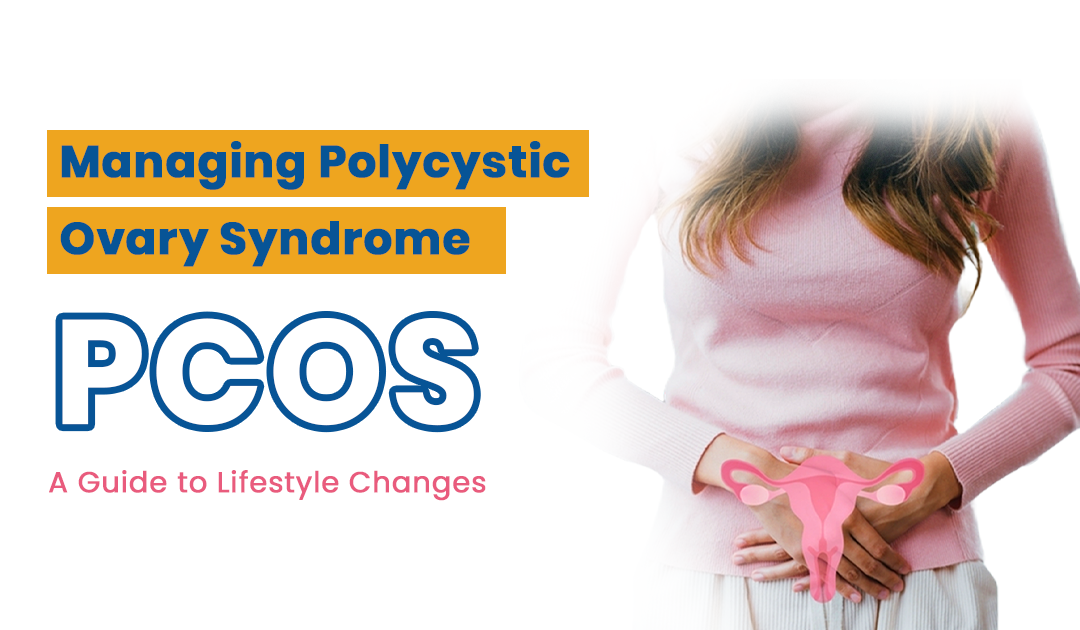Polycystic Ovary Syndrome (PCOS) is a prevalent hormonal disorder affecting 6% to 12% of women in their reproductive years. Characterized by insulin resistance and elevated androgen levels, PCOS can lead to various symptoms and increase the risk of serious health issues. However, with lifestyle adjustments, many of these risks and symptoms can be effectively managed.
Understanding PCOS and Its Impact
PCOS symptoms vary but often include:
- Irregular menstrual cycles
- Excessive facial and chin hair (hirsutism)
- Thinning hair or hair loss
- Skin darkening, particularly in the groin, under breasts, and around the neck
- Acne on the face, upper back, and chest
- Skin tags in the neck or armpit areas
Unmanaged PCOS can escalate the risk of heart disease, high blood pressure, high cholesterol, diabetes, gestational diabetes, sleep apnea, and stroke.
Exercise: A Key Component in Managing PCOS
Regular exercise significantly impacts PCOS management. It aids in weight loss and can lower blood testosterone levels. Since about 50% of people with PCOS are overweight or obese, shedding excess weight is crucial for restoring fertility and improving insulin resistance.
Types of Exercise Beneficial for PCOS
- Vigorous Exercise: Activities like brisk walking, biking, swimming, and intense aerobic exercises are highly recommended. Aiming for at least 120 minutes of vigorous exercise weekly can substantially improve BMI, fitness, and insulin resistance.
- Resistance Training: While less studied, resistance training could enhance insulin sensitivity. Exercises such as sit-ups, push-ups, leg squats, and weight lifting fall into this category.
- Mind-Body Exercises: Yoga, tai chi, qi gong, and pilates are excellent for mental health, crucial since PCOS is linked with a higher risk of mental health disorders.
Dietary Adjustments for PCOS Management
Diet plays a vital role in managing PCOS, especially due to the common issue of insulin resistance in PCOS patients. A well-balanced diet can help in controlling androgen levels and reducing complications.
Key Dietary Recommendations
- Increase Dietary Fiber: Consuming 21-25 grams of fiber daily from sources like beans, lentils, berries, broccoli, green peas, chia seeds, and nuts can help combat insulin resistance.
- Incorporate Anti-Inflammatory Foods: These include tomatoes, green leafy vegetables, fatty fish (salmon, sardines, mackerel), nuts (almonds, walnuts), and fruits like oranges, cherries, blueberries, and strawberries.
- Opt for Whole Grains: Whole grains are preferable over refined carbohydrates due to their high fiber content and lower impact on blood sugar levels.
- Include Fatty Acids: Fish oil, combined with vitamin E, can reduce insulin levels.
While there’s no cure for PCOS, adopting a healthy lifestyle with regular exercise and a balanced diet can effectively manage symptoms and reduce the risk of associated health problems. The key is to find an exercise routine you enjoy and a diet you can adhere to, creating a sustainable path towards better health with PCOS.

